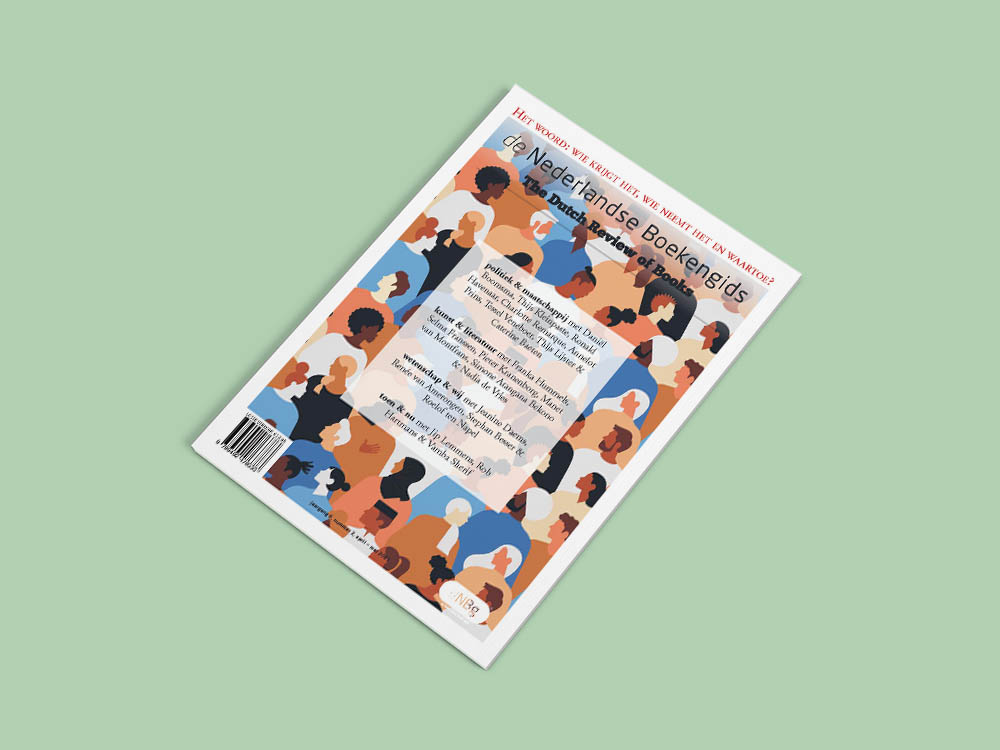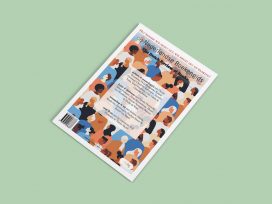‘The Dutch Review of Books’ presents: the commons, vying for legitimacy between state and capitalism; the void of societal responsibility for #MeToo; and African oral traditions evident in rap music.

The aftermath of #MeToo
Annelot Prins considers the #MeToo movement’s lasting effects. While the wave of personal stories in 2017 brought many women relief, its structural achievements are ultimately disappointing, says Prins: sharing #MeToo experiences might be ‘a valuable form of discursive activism’ but lacks ‘analysis of the societal context in which these experiences occur.’
Using analyses by Karen Boyle, Roxane Gay and Alison Phipps, Prins draws comparisons between the international debate and #MeToo controversies in the Netherlands. Here, as elsewhere, the movement soon turned into a shallow discussion between celebrities instead of a broad dialogue on structural inequalities and potential solutions.
Oral history
‘Keeper of the word’ describes the djeli’s role within several West African countries. Vamba Sherif writes about this oral tradition among the Mandé peoples and within the wider African diaspora. Tasked with preserving and recounting important local historical events, a djeli takes up a critic’s position on their own society: ‘A djeli is never scared. Speaking truth and remaining true to kuma, the word, is an integral part of their being.’
Until recently, Western historians have often doubted the veracity of djeli accounts, due to the absence of written evidence. However, a prejudiced perception of historiography lies behind such doubts, says Sherif. To this day, the eloquent tradition resonates within the African diaspora through the works of rappers and spoken word artists as well as jazz musicians and activists.
This article is part of the 8/2021 Eurozine review. Click here to subscribe to our weekly newsletter to get updates on reviews and our latest publishing.
Published 5 May 2021
Original in English
First published by Eurozine
© Eurozine
PDF/PRINTNewsletter
Subscribe to know what’s worth thinking about.
Related Articles

Democratic ‘Third Places’
dérive 10–12/2020
Urbanist magazine ‘dérive’ on emancipating Brazilian museology; the potential for Polish cultural centres; Swiss commons as a transferable prototype; and post-explosion Beirut.

Should sexual relationships, with all their complications, really be a benchmark of societal acceptance? Vox Feminae investigates the history of asexuality and aromanticism: pathologized by psychologists and medical professionals, even at times minoritized within LGBTQIA+ communities.








